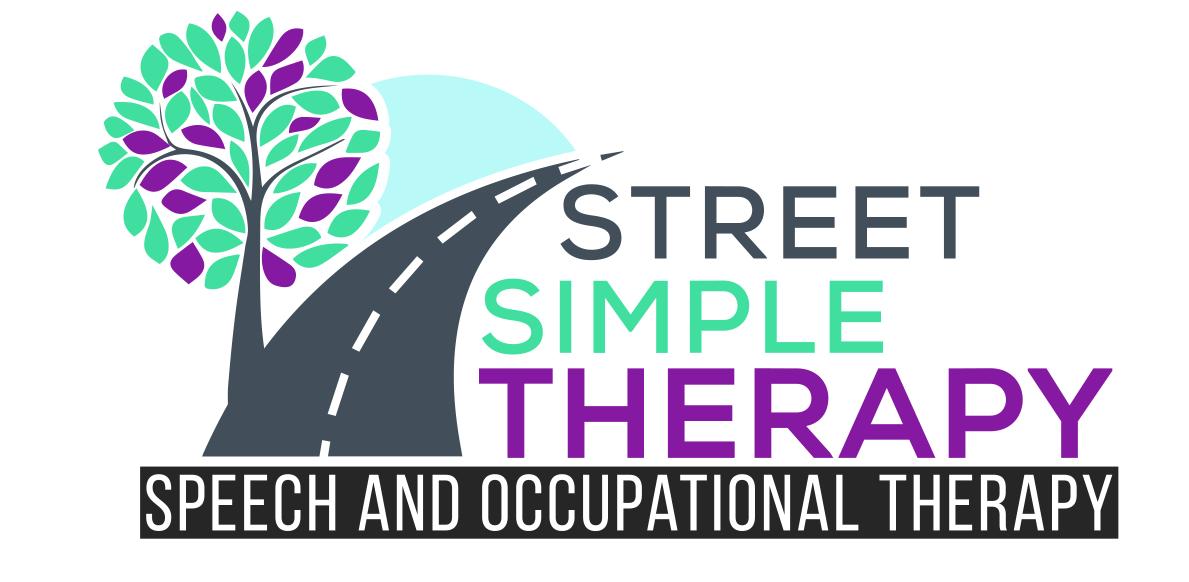Navigating the complex terrain of relationships is an integral part of the human experience, yet even the most harmonious partnerships can encounter setbacks. Whether these challenges arise from miscommunication, unmet expectations, or external pressures, they can test the resilience and commitment of any couple. However, setbacks do not have to spell the end of a relationship; rather, they can serve as catalysts for growth and deeper understanding. In this article, we will explore the best strategies for overcoming relationship hurdles, equipping you with practical tools and insights to transform challenges into opportunities for strengthening your bond. With the right approach, you can not only navigate these obstacles but emerge from them with a more resilient and fulfilling partnership.
Understanding the Root Causes of Relationship Setbacks
To effectively address setbacks in relationships, it is crucial to delve into the underlying causes. Often, these challenges stem from a combination of factors that can be both internal and external. Communication breakdowns are a common issue, where partners might struggle to express their needs or misunderstand each other’s intentions. Additionally, unresolved past conflicts can resurface, creating a cycle of tension and resentment. It’s essential to recognize these patterns and work towards resolving them constructively.
Another root cause can be differing expectations. Each partner may have unique visions of what the relationship should look like, leading to disappointment when reality doesn’t align with these ideals. Furthermore, external stressors, such as financial pressures or work-related stress, can exacerbate existing issues, making them seem more significant than they are. To address these root causes, consider the following strategies:
- Open dialogue: Encourage honest conversations to address misunderstandings and align expectations.
- Conflict resolution skills: Develop techniques to manage disagreements constructively, focusing on finding solutions rather than assigning blame.
- Stress management: Identify external stressors and work together to alleviate their impact on your relationship.

Effective Communication Techniques to Overcome Challenges
In the journey of any relationship, encountering setbacks is almost inevitable. However, how these challenges are addressed can make all the difference. Here are some effective communication techniques to navigate through such difficulties:
- Active Listening: One of the most powerful tools in resolving conflicts is truly listening to your partner. This means giving them your full attention, acknowledging their feelings, and responding thoughtfully rather than reactively.
- Express Empathy: Understanding your partner’s perspective and showing empathy can help bridge emotional gaps. It’s important to validate their feelings even if you don’t agree with their point of view.
- Use “I” Statements: Instead of placing blame with “you” statements, focus on expressing your own feelings and experiences. For example, say “I feel hurt when…” instead of “You always…”. This reduces defensiveness and fosters open dialogue.
- Stay Solution-Focused: Shift the conversation from dwelling on the problem to exploring potential solutions. Collaboratively brainstorm ways to overcome the issue, ensuring that both partners feel heard and valued.
- Set Boundaries: Establish clear boundaries about what is acceptable and what is not in terms of communication and behavior. This ensures mutual respect and helps in maintaining a healthy relationship dynamic.
By implementing these techniques, couples can transform setbacks into opportunities for growth and strengthen their connection.

Rebuilding Trust and Strengthening Emotional Bonds
When navigating the choppy waters of relationship setbacks, focusing on rebuilding trust is essential. Trust acts as the foundation of any strong relationship, and without it, the emotional connection can quickly erode. Begin by opening the channels of communication—create a safe space where both partners feel comfortable expressing their feelings and concerns. This involves actively listening without judgment and validating each other’s emotions.
- Practice transparency: Be open about your intentions, plans, and feelings. This openness helps dispel any doubts or suspicions that may arise.
- Establish new routines: Introduce shared activities that can foster closeness and intimacy, whether it’s a weekly date night or a morning walk.
- Set realistic expectations: Understand that rebuilding trust takes time and effort from both parties. Be patient and celebrate small victories along the way.
In strengthening emotional bonds, it’s crucial to rekindle the connection that brought you together in the first place. Reflect on shared experiences and create new memories that reinforce your bond. Remember, a resilient relationship thrives on mutual respect and a willingness to grow together, even in the face of adversity.
Practical Strategies for Long-Term Relationship Resilience
When navigating the inevitable hurdles of a long-term relationship, it’s essential to adopt practical strategies that foster resilience and growth. Begin by nurturing open communication. It’s crucial to create a safe space where both partners can express their thoughts and feelings without judgment. Encourage each other to share concerns and listen actively, ensuring that both voices are heard and respected.
- Prioritize quality time: Amidst busy schedules, carve out time to connect and enjoy each other’s company, reinforcing the bond you share.
- Practice forgiveness: Acknowledge that mistakes are part of any relationship. Embrace forgiveness as a tool to move forward and heal together.
- Embrace change: Recognize that growth often requires adapting to new circumstances. Approach changes as opportunities to strengthen your partnership.
Another key strategy is to maintain individual growth alongside your partnership. While togetherness is important, fostering personal interests and ambitions can rejuvenate the relationship with fresh perspectives and energy. Balance shared goals with personal development to build a partnership that is both dynamic and enduring.




